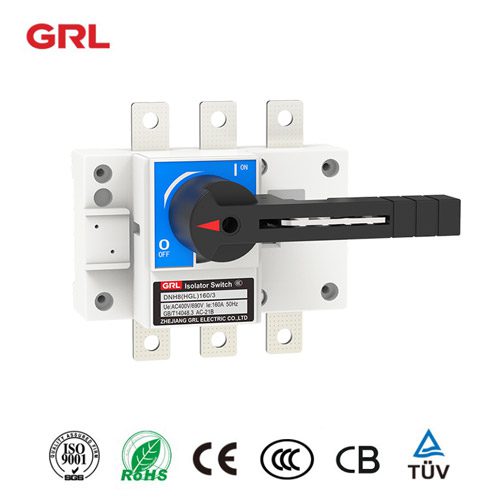
# Transfer Load Disconnector: Ensuring Safe Power Transfers
## What is a Transfer Load Disconnector?
A transfer load disconnector is a crucial electrical component designed to safely transfer electrical loads between power sources. These devices play a vital role in maintaining continuous power supply while ensuring safety during the transfer process.
## Key Features of Transfer Load Disconnectors
Transfer load disconnectors offer several important features:
– Safe load transfer between power sources
– Protection against backfeeding
– Visual indication of connection status
– Mechanical interlocking to prevent parallel operation
– Compliance with industry safety standards
## Applications in Various Industries
These devices find applications across multiple sectors:
### Industrial Facilities
Keyword: transfer load disconnector
Manufacturing plants use transfer load disconnectors to switch between primary and backup power sources without interrupting critical processes.
### Commercial Buildings
Office complexes and shopping centers rely on these devices to maintain power during utility outages or scheduled maintenance.
### Healthcare Institutions
Hospitals require seamless power transfer to ensure life-saving equipment remains operational during power transitions.
## Types of Transfer Load Disconnectors
There are several configurations available:
– Manual transfer switches
– Automatic transfer switches (ATS)
– Open transition switches
– Closed transition switches
– Delayed transition switches
## Installation Considerations
Proper installation is crucial for optimal performance:
– Must be performed by qualified electricians
– Requires proper sizing for the electrical load
– Needs appropriate enclosure rating for the environment
– Should include proper labeling and documentation
– Must comply with local electrical codes
## Maintenance Requirements
Regular maintenance ensures reliable operation:
– Periodic inspection of contacts and connections
– Verification of mechanical operation
– Testing of interlock mechanisms
– Cleaning of components as needed
– Documentation of all maintenance activities
## Safety Benefits
Transfer load disconnectors provide multiple safety advantages:
– Prevents dangerous backfeed situations
– Eliminates the risk of parallel operation
– Provides clear visual indication of power source
– Reduces arc flash hazards during transfer
– Complies with OSHA and NFPA requirements
## Future Developments
The technology continues to evolve with:
– Smart monitoring capabilities
– Integration with building management systems
– Improved arc mitigation technologies
– Enhanced remote operation features
– Better materials for increased durability
When selecting a transfer load disconnector, consider your specific application requirements, safety needs, and future expansion plans to ensure you choose the most appropriate solution for your electrical system.